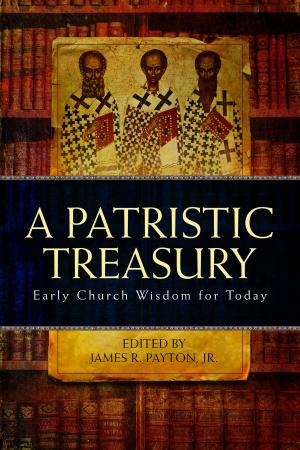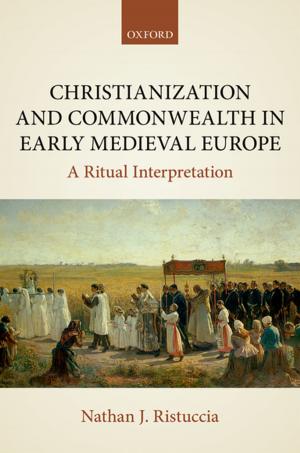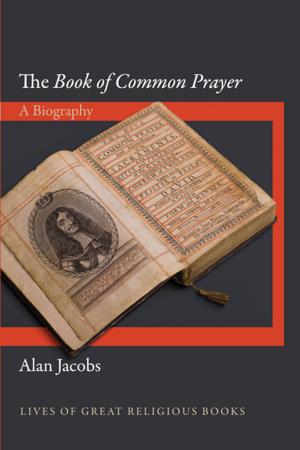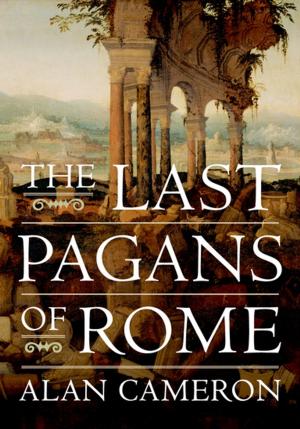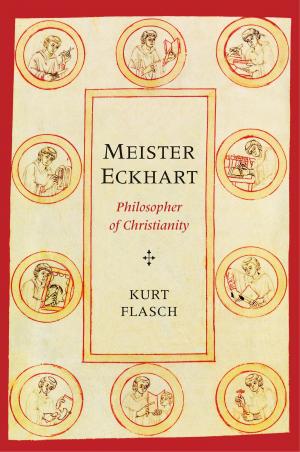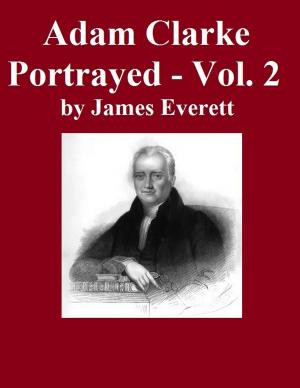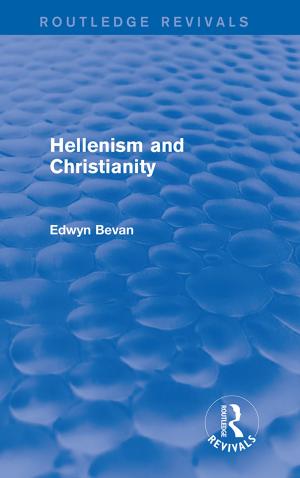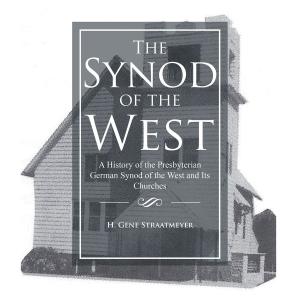John Calvin: The Statesman
Nonfiction, Religion & Spirituality, Christianity, Church, Church History| Author: | Richard Stevenson | ISBN: | 9781577995012 |
| Publisher: | Logos Bible Software | Publication: | March 24, 2011 |
| Imprint: | Language: | English |
| Author: | Richard Stevenson |
| ISBN: | 9781577995012 |
| Publisher: | Logos Bible Software |
| Publication: | March 24, 2011 |
| Imprint: | |
| Language: | English |
As the title suggests, Stevenson takes a rare view of Calvin as statesman, analyzing not only his theological influence, but his impact on government, legislation and organization of the Church. The prologue declares, The most permanent contributions of Calvins genius lay less in the line of theology than of statesmanship. Calvin cherished the belief that the Reformation could be accomplished only by regeneration, by separation and by negation . . . . His theology was derivative and less original than his polity, yet he so interpreted the former as to make the latter its logical outcome.
As the title suggests, Stevenson takes a rare view of Calvin as statesman, analyzing not only his theological influence, but his impact on government, legislation and organization of the Church. The prologue declares, The most permanent contributions of Calvins genius lay less in the line of theology than of statesmanship. Calvin cherished the belief that the Reformation could be accomplished only by regeneration, by separation and by negation . . . . His theology was derivative and less original than his polity, yet he so interpreted the former as to make the latter its logical outcome.

